The content of the article
Your baby has grown up and is ready for the first and such an important step in his life - for kindergarten. The adaptation process is quite complicated for both the child and parents. In most cases, mothers first give the baby to the garden, and they cry quietly under the door, hearing the sobs of their child. And they feel like traitors. However, communication with peers, interesting activities, group walks and exciting games are an indispensable part of children's life, which my mother, with all her desire, can not provide. And no one canceled the exit to work. Therefore, you need to take kindergarten for granted, and make the process of adapting the child as comfortable and painless as possible.
How to prepare a child's body for kindergarten
The most important task is to protect the child from upcoming diseases and to strengthen his immunity as much as possible. Of course, there is rarely a child who will not get sick in the first months of going to the garden. But in this way the body is tempered, learns to resist viruses and infections. To make the baby sick as little as possible, and the virus flowed easily and without consequences, it is necessary to strengthen children's immunity in advance.
- In order for the baby to be protected from diseases by the natural forces of the body, he must eat properly. With food, he should receive all the vitamins he needs. Every day in the diet of the child should be dairy products, meat, cereals, vegetables and fruits.
- To improve health, you need to walk with your child every day for at least three hours. It is better if it will be two walks - one in the morning, the second after sleep.
- If you have a couple of months before going to kindergarten, you can begin to temper your child. To do this, you need to bathe or pour water on the baby, every day lowering the temperature by one degree. Show how hardening should take place by your own example.
- It is very useful to walk barefoot. This not only strengthens the immune system, but also prevents the development of flat feet. Walk barefoot on pebbles, sand, asphalt, grass.
- Drink more drinks containing vitamin C. This is tea with raspberries and lemon, a rosehip broth. It is very useful for kids to drink tea with ginger and honey. A glass of hot milk with honey before bedtime will not only drive away all illnesses, but also emotionally calm the baby.
- You can drink a course of vitamins in front of the kindergarten. It can be multivitamin preparations or fish oil.
How to emotionally prepare a child for kindergarten
The first trip to kindergarten is, of course, stress. Here, everything is unfamiliar to the baby - a new environment, other people's children and adults. And most importantly, there is no mom. There is no safe world in the form of a mother who has always been there. Therefore, it is very important to psychologically prepare the baby for kindergarten. Talk to him in advance and talk about his new group. Say that soon the baby will attend kindergarten, that there will be many new toys, kids and exciting activities. Say that there he will draw, sculpt from clay, sing and dance. Create a pleasant aura around your upcoming garden trip. Let the baby be in anticipation of the upcoming event.
When you have to leave your child in the garden, be sure to tell him that you will return for him. There are some mothers who say: “You will behave badly, I’ll leave you in the kindergarten” or “Do not play around, or you’ll go to the garden now!” This is fundamentally wrong from a pedagogical point of view. No need to associate the garden with punishment.You must cultivate a love for this place, which, subsequently, will become real.
For children three to four years old, it is very important to explain what needs to be done in certain situations. Tell the child that for any questions and misunderstandings, he can turn to the teacher. It is very important to help your child communicate with peers. Explain to the kid how to meet and make friends with the guys, how to invite them to the game. If your child goes to the garden with a toy, he should be ready to share it. Cars or dolls that are dear to the heart are best left at home for sole use.
What should a child be able to before the first visit to kindergarten
Usually children are sent to the garden no earlier than two years. By this age, the baby should have some skills.
- The kid should be able to eat independently. Not all rules of etiquette, of course, but at least part of the food should get into the mouth. It's okay if a two-year-old kid spills part of the soup on the floor, nursery teachers are used to it. The main thing is to teach your child to eat so that he does not remain hungry. A kid older than three years should be able to eat and use a fork neatly. Explain to your child that you need to eat carefully, without talking while eating or filling your mouth with food.
- A child in two years at least once should go to the potty. And, preferably, ask for it yourself. If the baby still does not know how to do this, you will have to wear diapers in the garden. But the best thing, of course, is to teach the child in advance, even with gestures, to show what he wants on the potty. Older children should be able to use toilet paper.
- So that the child does not get sick, he needs to be accustomed to hygiene. Before meals and after a walk, the teachers send the kids to wash their hands. It is very good if the child knows how to do it on his own.
- Develop your baby’s speech. It is great if the child can talk and is able to tell what happened to him.
How else to prepare a child
Before going to the garden, you need to get around all highly specialized specialists. This is an optometrist, neuropathologist, surgeon, dermatologist, orthopedist. They look at the general condition of the child and give an opinion. Also, the child needs to donate blood, urine and feces for analysis. In addition, before going to the garden, you should check your vaccination schedule - have you completed all stages of the vaccination? After all, timely vaccination can protect the child from many diseases. In addition, the risk of infection in kindergarten is very high.
A month before starting to visit the kindergarten, the child needs to be adjusted to a specific schedule. Try to raise your baby early in the morning so that he gets used to the early climbs. And for this you need to lay the child no later than nine in the evening. Eat and go to bed at lunchtime at about the same time as in the garden. If the baby does not sleep during the day, you need to explain to him that afternoon is the time for quiet games. That at this time you need to quietly lie in bed, examine all objects around or count on your fingers.
First day in the garden
Many months of preparation have passed, and today you are leading the baby into the garden. Here are a few recommendations that you must follow to adapt your child as painlessly as possible.
- In the morning, do not feed the baby. It would be better if he, hungry, has breakfast in the new setting. If the child asked to eat, you can give him cookies or a waffle. He will eat porridge in a group.
- Before leaving the house, lubricate the baby's nose with oxolinic ointment. It is recommended to do this for the first two weeks until the baby’s body gets used to it.
- Arriving in a group, choose a bed and a locker for the baby. Focus on the child’s attention - say that this locker is with his apple, there he should put his clothes and shoes after a walk.
- The first days it is better to leave the child for several hours. First for an hour, then for two, etc. After a week or several days, you can leave the baby for a quiet hour.
- Talk to your teacher in advance.Tell us about some of the nuances of your baby's home stay. Perhaps he falls asleep only if his back is scratched.
- Be sure to exchange phone numbers with the teacher. Arrange what time you need to arrive.
- After you have taken the child, ask him what he did today, what toys he liked, with whom he made friends. Focus on the positive points.
- In the evenings, put everything aside and spend more time with the baby. Perhaps he misses you and in the evening he wants more tactile contact. Hug, kiss the baby, roll with him on the bed. Show that you still love him.
Kindergarten is an integral part of the life of most children. And it depends only on the parents how to go through this difficult path of adaptation to the garden. Prepare your child for kindergarten and go there with pleasure!
Video: Adaptation of a child in kindergarten

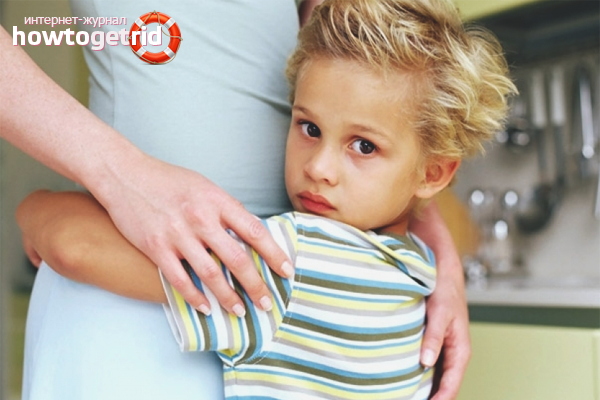
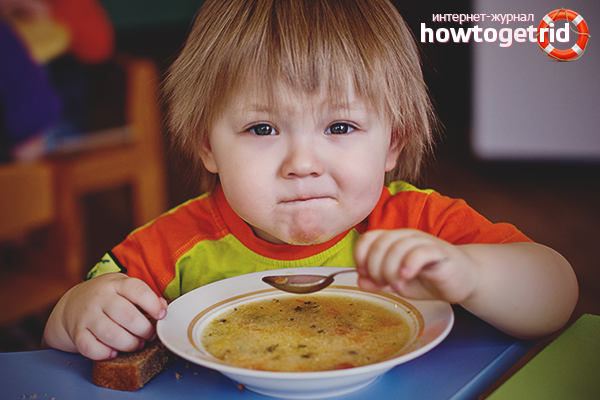
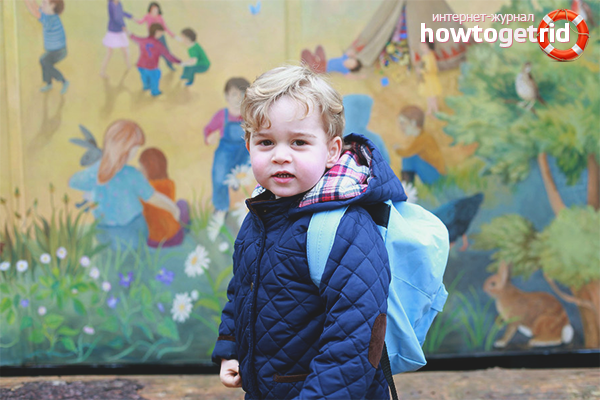

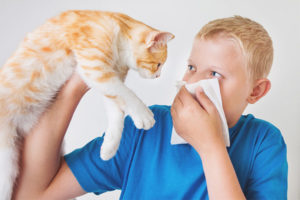

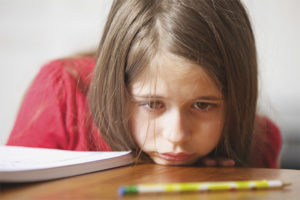
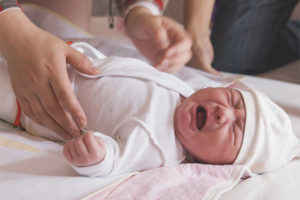
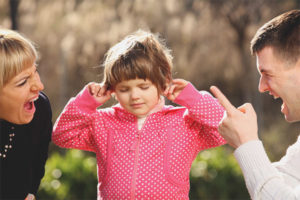

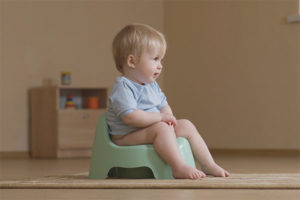
Submit